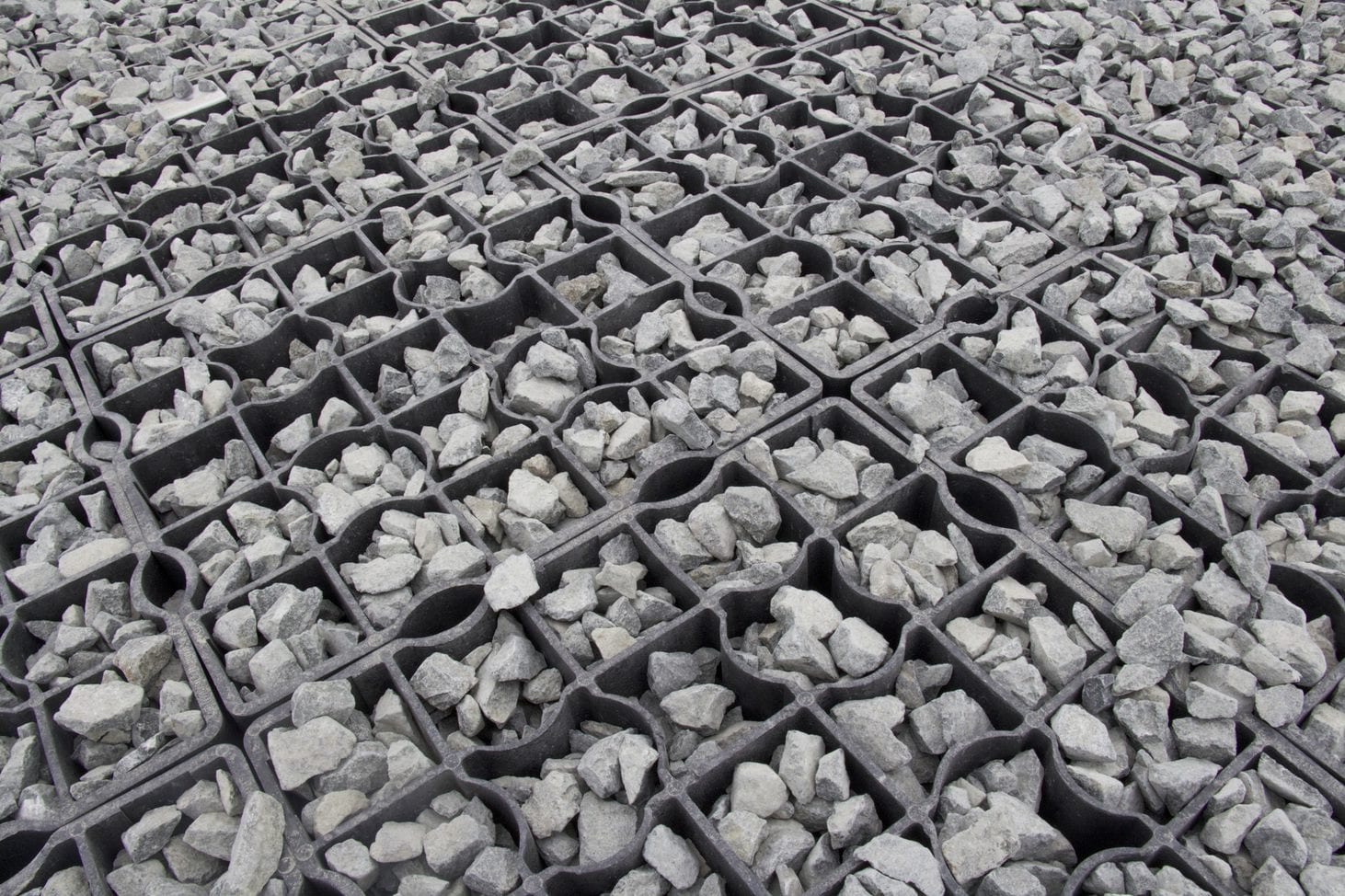Setting the Standards – Measuring the Performance of Plastic Permeable Pavers
Setting the Standards – Measuring the Performance of Plastic Permeable Pavers

When exploring differences between products there are characteristics and qualities are that readily apparent and those that are not. An educated consumer explores all aspects and, in this day, and age, there is a lot of information that is readily available. Standards are available for consumers to help them choose products wisely. Although we are taught from a very young age to always be mindful of comparing apples to apples and not apples to oranges, it is not always easy to weed through the vast amount of information available to make the appropriate comparison.
As you can imagine, introducing and bringing a new product to market has its challenges. Potential customers and interested consumers are always looking for known and easily recognized products to compare with the “newcomer”. What if, however, there are very few similar products and no “set standards” within the industry? A proper comparison is very challenging. We often rely upon standards set by the overseeing industry bodies. Most products and consumer-based services have standards to which they must conform. What happens with products that are so “new” they don’t have set standards? In such cases we often end up, unjustly, comparing apples to oranges.
Porous Plastic Pavers & Permeable Paving Does Not Yet Have Set Industry Standards
Flexible permeable/porous plastic pavers and even permeable paving is a category that currently does not have set industry standards. The European market is at least two decades ahead of us; not only do they have standards specifically for flexible permeable/porous plastic pavers, they have also recently formulating widely accepted governing bodies to help ensure only the highest quality products are used market wide. In North America, without set standards, consumers are trying to compare products base on whatever technical information they have available. It is very important to realize that not all tests and results can be compared like “apples to apples”.
One such tested value is the PSI rating. PSI is a static type of value. Materials that have a high PSI, such as glass, may be very durable and strong for static loads. The same materials may crumble and shatter when dynamic movement and forces are applied especially under challenging climate conditions. Rating a product for strength solely on PSI rating is not a true indication or valuation of a product’s dynamic strength. Load bearing products, such as plastic permeable pavers, that are too stiff will snap and crumble under torqueing type testing.
Dynamic strength is an important component of a reliable, durable and heavy duty paving alternative.
Europe is Decades Ahead with Standardized Tests Measuring Dynamic Strength | TUV & DIN Standards
In Europe there are standardized tests that quantify dynamic strength. TUV and DIN standards rate all aspects of the strength of a product, including the dynamic component. PSI values are not comparable to TUV and DIN values. TUV and DIN standards and testing far outweigh PSI values regarding dynamic strength which is invaluable when speaking about heavy duty roads, parking surfaces and erosion control especially in cold weather climates. To ensure the longevity, reliability and durability of a finished project, it is very important to standardize the products used within the project. It is also imperative that customers are educated properly regarding the testing and subsequent results.
Ecoraster, for example, is a flexible porous plastic paver that far exceeds all relevant TUV and DIN standards. It has been used successfully for almost three decades for the heaviest of applications throughout Europe and surrounding areas. Ecoraster is a leader within it’s product category and has extreme dynamic strength, as well as static strength, even when unfilled. Ecoraster is proven to be fully durable in extreme temperatures, both hot and cold, even for dynamic uses. Changing weather patterns and a noticeable increase in heavy rains and damaging floods, have people looking at permeable paving alternatives with tremendous interest. It is critical to ensure that the permeable products customers are using to minimize runoff and reduce floods, are reliable and will not fail. Standardizing such products and comparing them within set guidelines, is an imperative step to ensure a widespread acceptance of permeable paving alternatives throughout North America.
We do not have to start at the beginning. We do not have to reinvent the “wheel” as some may say. Our European neighbours have standardized the testing process for products such as flexible plastic porous pavers. Our next step should be to learn from them; set up proper standards and ensure that consumers and customers have accurate information at their fingertips.
About LID Permeable Paving Canada | Ecoraster Ontario
LID Permeable Paving Canada is the exclusive distributor of the Ecoraster permeable paving system in Ontario, Canada. For further information call us or fill out our contact form to learn more. We would be pleased to schedule a time for an informational presentation or arrange to have you visit our different installation sites.




